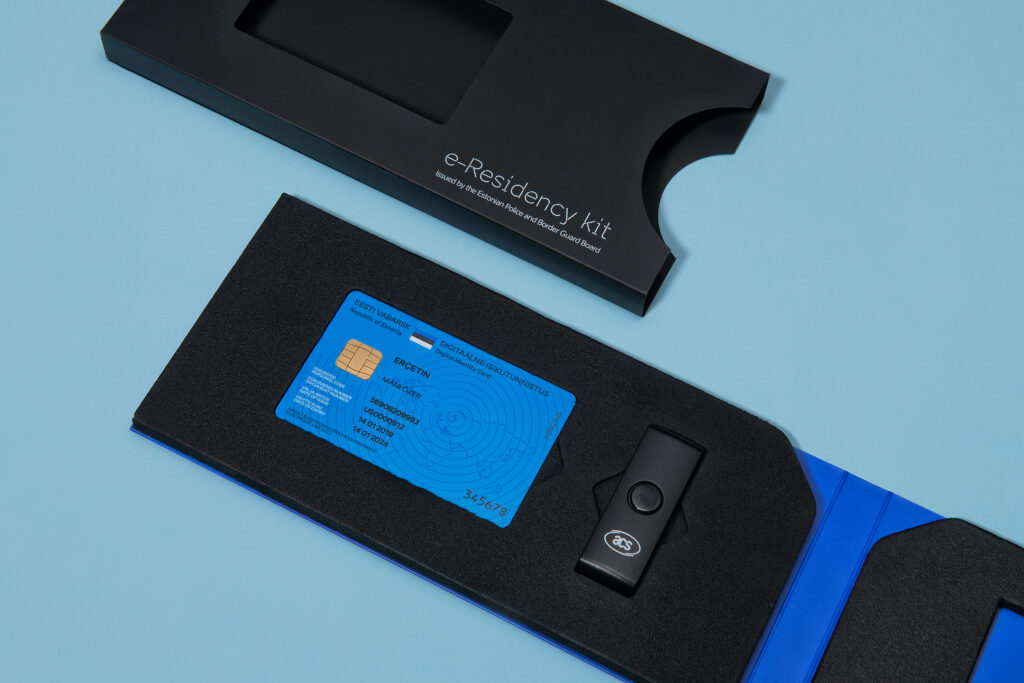In 2023, tax revenues from Estonian e-resident companies amounted to €64.3 million, an increase of 33 per cent over the previous year; including paid state fees, the programme’s annual contribution to the state treasury reached €67.4 million.
According to Liina Vahtras, the CEO of the state e-residency programme, the main selling point of the initiative is the Estonian company established by an e-resident, and the programme focuses on ways to make starting a business “faster and more convenient” than before.
“The biggest obstacle is the lack of a fully digital alternative to the e-resident’s physical digital ID card, which means an average two-month wait for the e-resident to establish a company. This year, the goal is to develop a completely card-free solution that will allow e-residents to securely identify themselves at the Estonian embassy and immediately activate their digital ID with a mobile app, without waiting for the card,” Vahtras said in a statement.
She added that within a few years, e-residents can “expect” a remote identification solution that will allow them to extend the validity of their digital ID in the future without having to go to the Estonian embassy.

E-residency popular with Spaniards
In 2023, 4,592 Estonian companies were established by e-residents. The Spanish (678), Ukrainian (397) and German (345) e-residents led the way, and their citizens also topped the list of people joining the programme.
Labour taxes accounted for the largest share of tax revenues last year – 63 per cent, or €40.7 million. The remaining 37 per cent came from income tax in special cases, mainly on dividends, amounting to €23.6 million.
Estonia launched the world’s first digital residency programme, called e-residency, at the end of 2014 with the aim of providing non-residents with secure access to its fully digital public services. Over the years, more than 110,000 people have been granted e-resident status, with nearly 60,000 e-resident digital ID cards currently in use. E-residents have established more than 29,000 companies in Estonia, accounting for 20 per cent of all new Estonian companies established annually.
Since its launch, e-residency has generated more than €213 million in direct revenues for the Estonian state budget through tax revenues and state fees. The programme also generates indirect revenues through the growth of Estonian companies listed on the e-residency marketplace, which provides business, financial, insurance and other advisory services to e-resident founders.

